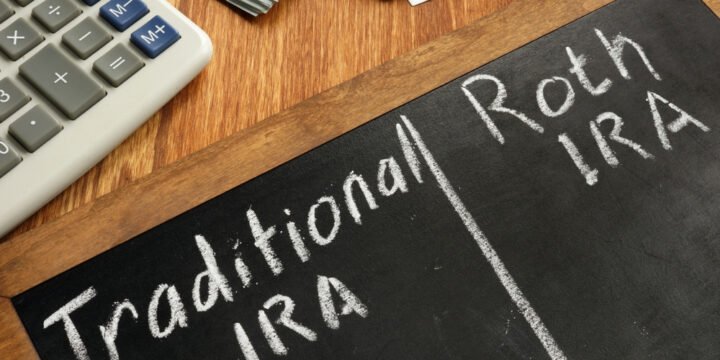
How to Determine a U.S. Shareholder’s Pro Rata Share of GILTI if a Foreign Corporation is a CFC for Part of Its Tax Year
By Anthony Diosdi The Internal Revenue Code provides that a United States shareholder (a “U.S. shareholder”) of a controlled foreign corporation (“CFC”) is subject to tax on the foreign corporation’s global intangible low taxed income (“GILTI”). A U.S. shareholder is a U.S. person (A U.S. person is defined as a U.S. citizen, resident alien, corporation, partnership, trust, or estate) who owns, or is considered owning at least 10 percent of the total combined voting power of all classes of shares of stock entitled to vote of such foreign corporation, or 10 percent or more of the total value of shares of all classes of stock of suh foreign corporation. In determining whether a person is a U.S. shareholder and whether the foreign corporation is a CFC, the Internal Revenue Code…








